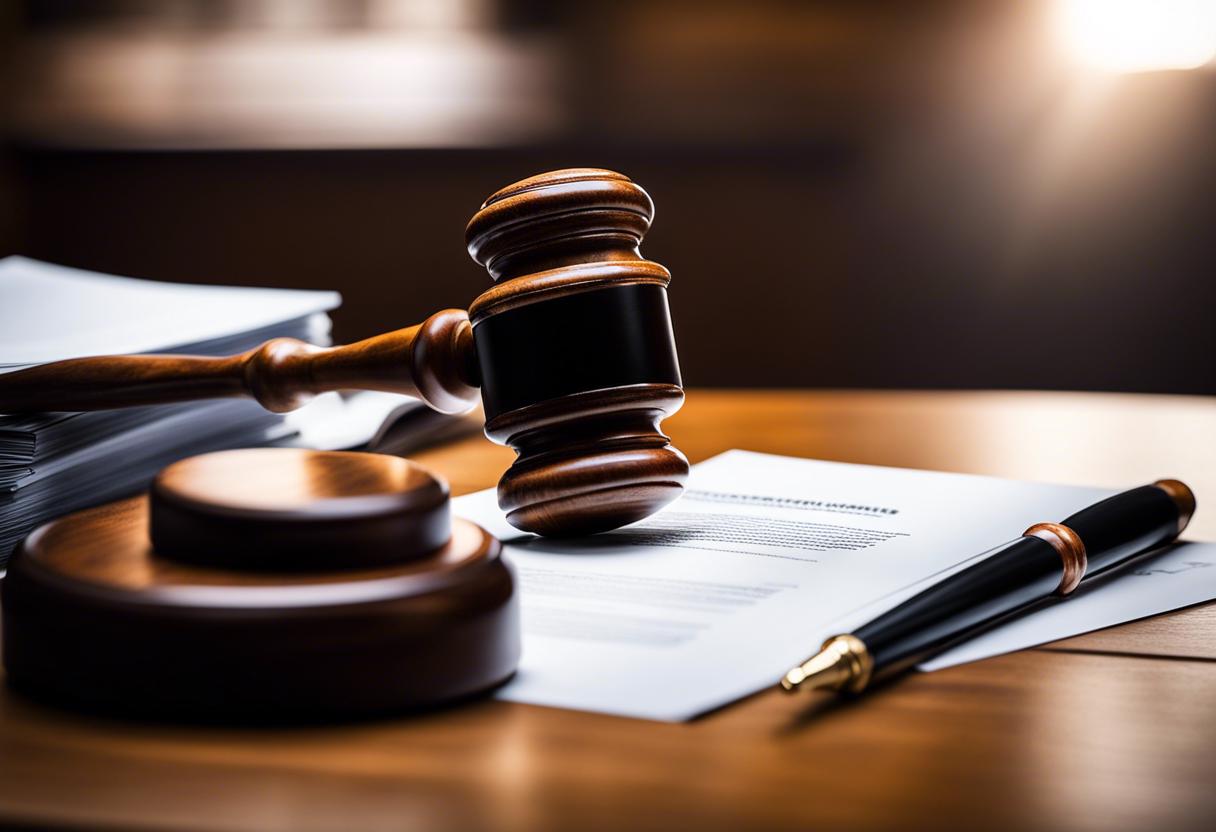The Political Parties Registrar has declined requests from two rival groups within the National Party, a right-wing entity, both aiming to solidify their party name usage for local and European pollings. The Electoral Commission, known as An Coimisiún Toghcháin, issued a statement saying that a range of submissions from the two factions have been evaluated, but the registrar concluded that there were substantial procedural shortcomings with both applications. Thus, the Political Parties Register will carry no amendments and will keep listing Justin Barrett and James Reynolds, the founders of the party, as the authorised officers. The party’s registered address is Mr Barrett’s residence in Granard, Co Longford. The commission mentioned that Art O’Leary, the Registrar, had announced the decision via the official State gazette Iris Oifigiúil on Friday. The statement from the commission added that an appeal could be requested by the parties within the specified timeline as per the Electoral Reform Act, hence, they will make no further statements on the decisions.
Previously in July, Mr Reynolds and his advocates released a statement announcing that Mr Barrett had been dismissed from his party leadership role, citing lack of confidence and a passive leadership approach which resulted in the decline of the party.
Following this, Mr Barrett reported to An Garda Síochána that gold bars approximated at €400,000 had been stolen from a Dublin vault by the opposition group. The opposition faction claimed that they had moved the gold to another vault to stop Mr Barrett from accessing it. The Garda then retrieved the bullion and attempted to determine its legal ownership.
The situation baffled several politicians like Senator Michael McDowell, questioning how such a small party without any public representation could accumulate such considerable amount of gold. Earlier, Mr Barrett claimed that the gold was purchased over the years through the dedication and sacrifice of party members and supporters.
None of the party’s financial details have been presented to the Standards in Public Office Commission (Sipo), however, the ethical watchdog couldn’t impose any penalties for not submitting accounts. In the wake of this divide, the group under the leadership of Mr Reynolds, a farmer from Co Longford, kept arranging gatherings, and he was elected as the permanent leader at the annual general gathering held in December in Portlaoise, Co Laois.
Mr. Barrett alleges that the only reason the Reynolds faction can publicly present itself as the National Party is because they took over the party’s social channels, which include Facebook, X, and Instagram. Last July, the Reynolds faction contacted the Electoral Commission, requesting an update of the Political Parties Register to include the removal of Mr. Barrett as an authorised officer and to alter the address of the party’s headquarters. Following this, Mr. Barrett submitted his own plea to the commission a mere ten days later. The registrar has since received numerous additional submissions from both factions.
Previously, the Reynolds faction held a strong belief that their submissions to Mr. O’Leary were more than sufficient evidence to prove the legitimacy of the 2023 leadership change. The faction also conveyed that an AGM involving paid-up party members was conducted in Portlaoise on the 16th of December. A total of nine individuals were elected to form a fresh national directorate (now renamed to ardchomhairle), a development that the Electoral Commission has been informed about.
Last Friday, the Reynolds faction announced that despite the current circumstances, it has not hindered the growth and operation of the party. Their immediate focus is on the upcoming local and European elections that are scheduled to take place on the 7th of June. The faction confirmed that candidates have been chosen already, and more will be revealed in the near future.

